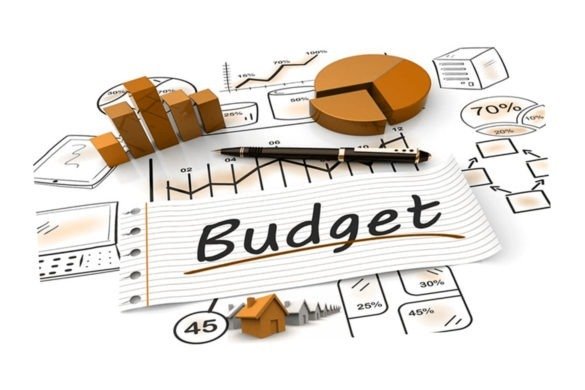Understanding the Annual Budget
At its core, an annual budget is a detailed plan of a country's revenue and expenditure for the upcoming fiscal year. It serves as a financial policy statement, guiding the government's decision-making process, and reflecting its priorities and objectives. The budget outlines how public resources will be collected, managed, and spent across various sectors such as education, healthcare, infrastructure, defense, and social welfare.

Key Components of an Annual Budget
Revenue: The budget outlines the expected sources of revenue for the government, including taxes, duties, tariffs, grants, and other forms of income. It provides an estimate of how much money the government expects to collect in the upcoming fiscal year.
Expenditure: The expenditure component of the budget delineates how the government plans to allocate its resources. It categorizes expenditures into different sectors, with allocations for education, healthcare, infrastructure, defense, social welfare, and other priority areas. These allocations indicate the government's commitment to various sectors and its strategy for achieving key objectives.
Fiscal Deficit/Surplus: The fiscal deficit or surplus represents the difference between the government's total expenditure and total revenue. A deficit occurs when the government spends more than it earns, while a surplus arises when revenue exceeds expenditure. The fiscal deficit/surplus is an essential indicator of a country's fiscal health and its ability to manage its finances.
Economic Assumptions: An annual budget is based on certain economic assumptions, such as projected economic growth, inflation rates, and revenue forecasts. These assumptions provide the framework within which the budget is formulated. However, it is crucial to remember that these assumptions are subject to change based on evolving economic conditions.
Impact on Various Sectors
Infrastructure Development: The budget plays a crucial role in financing infrastructure projects such as roads, bridges, railways, and power plants. Adequate allocation to infrastructure not only improves connectivity but also stimulates economic growth, creates job opportunities, and attracts investment.
Social Welfare and Healthcare: The budget determines the allocation of funds for social welfare programs, including poverty alleviation initiatives, healthcare services, and education. Adequate investment in these sectors ensures the well-being and quality of life for citizens.
Defense and Security: The budget allocates resources to the defense sector to maintain national security, modernize armed forces, and enhance preparedness. It is crucial for a country to strike a balance between defense expenditure and other developmental needs.
Education and Research: The budget significantly impacts the education sector by determining funding for schools, universities, research institutions, and scholarships. Investment in education and research fosters human capital development and drives innovation and competitiveness.
The annual budget of a country is far more than a mere financial statement; it reflects the government's vision, priorities, and strategies for economic growth and development. As citizens, it is essential to understand the intricacies of the budget and how it shapes our lives. By keeping a close eye on the budgetary process and its outcomes, we can actively participate in discussions, provide constructive feedback, and hold our governments accountable for their financial decisions.
Thanks for this informative post
Congratulations @team07! You received a personal badge!
You can view your badges on your board and compare yourself to others in the Ranking
Check out our last posts: